A Sussex student invented a bioplastic sourced from the sea.
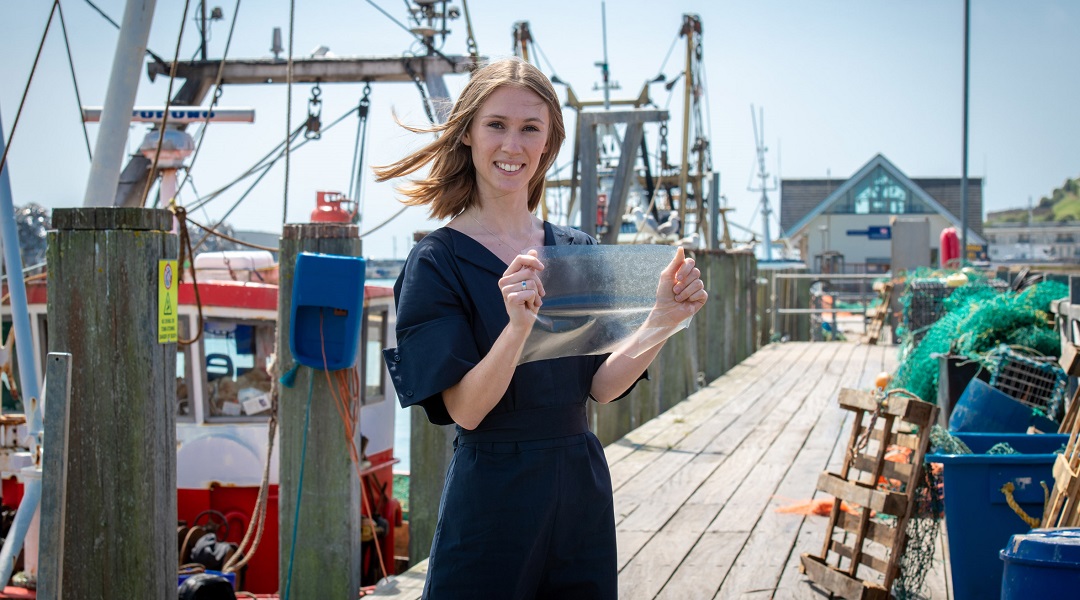

A Sussex student invented a bioplastic sourced from the sea.
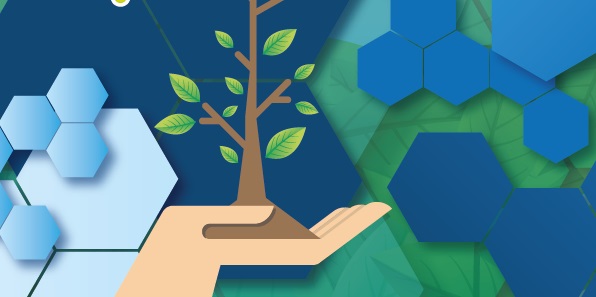
Recent research on cellulose–sulfur composites made from industrial wastes has successfully achieved all three Rs: reduce, reuse, recycle.
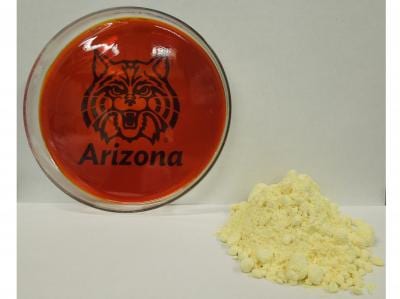
Process can transform waste sulfur into a lightweight plastic that may improve batteries for electric cars, reports a University of Arizona-led team.
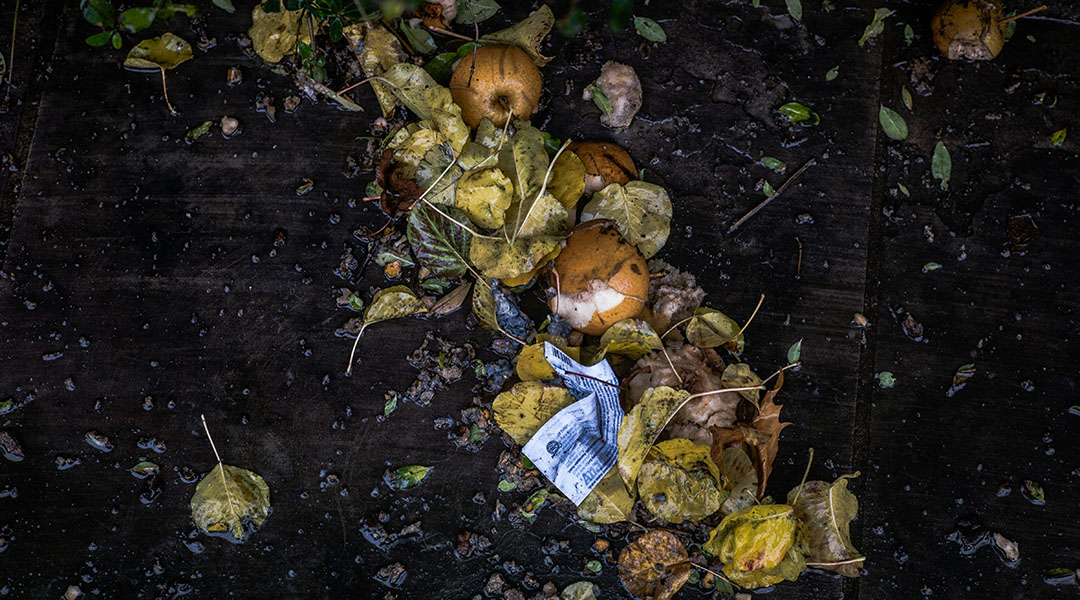
In the future, small electronics could be powered by fallen leaves, shed fur, and other waste materials found in nature.
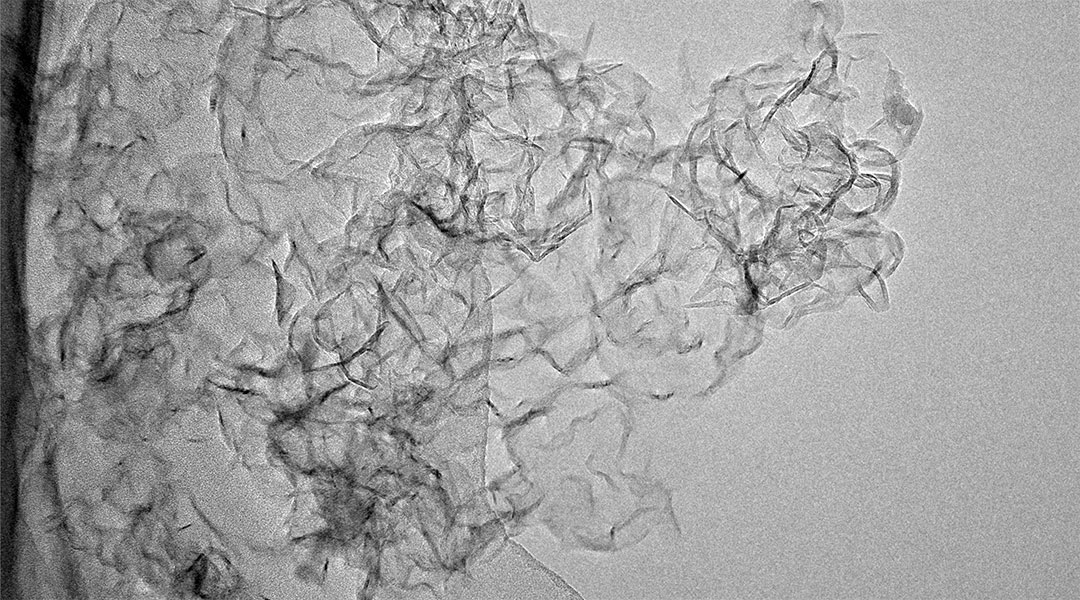
Scientists convert harmful microplastics into valuable graphene using plasma, offering a promising solution for this type of pollution.
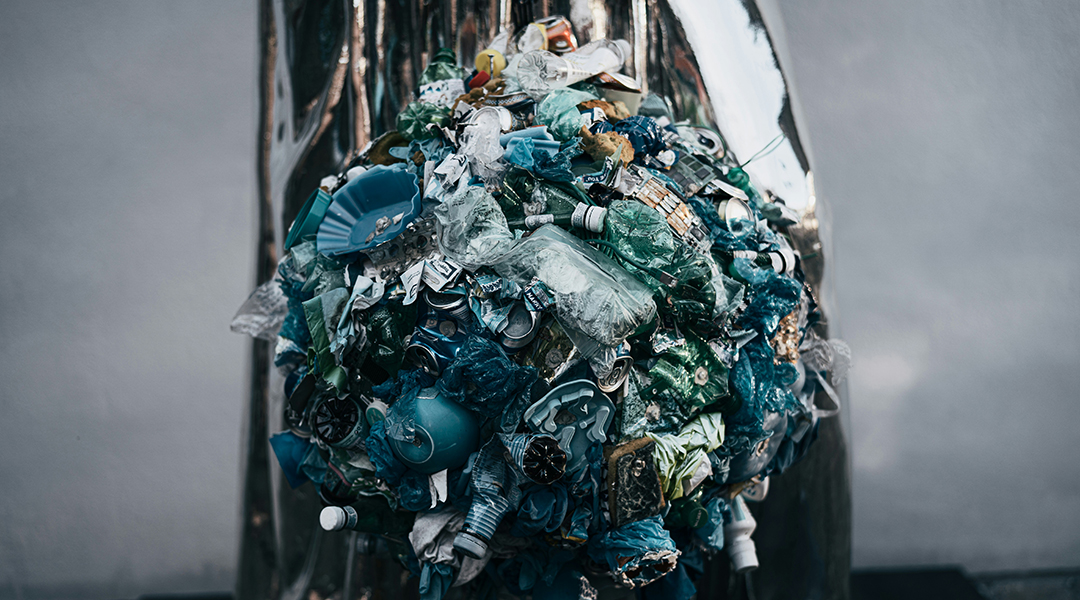
A closed-loop process for making and recycling polycarbonate plastic also captures carbon to reduce waste and cut emissions.

A material derived from avocado pruning waste and bio-polyethylene combines high strength with biodegradability.
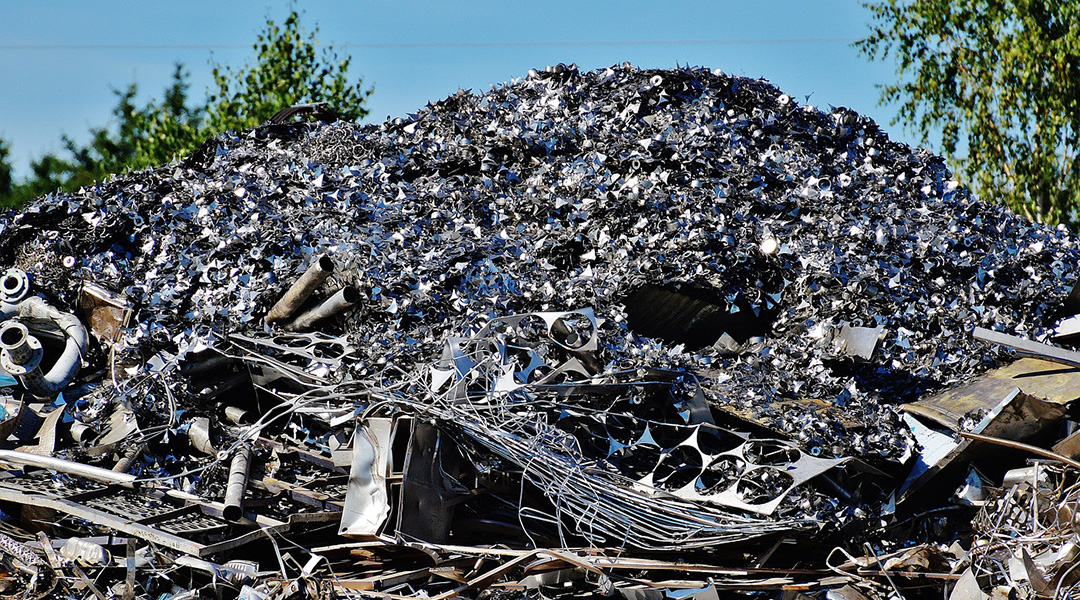
Researchers are tackling the growing problem of electronic waste by designing wearable electronics from sustainable and recyclable materials.
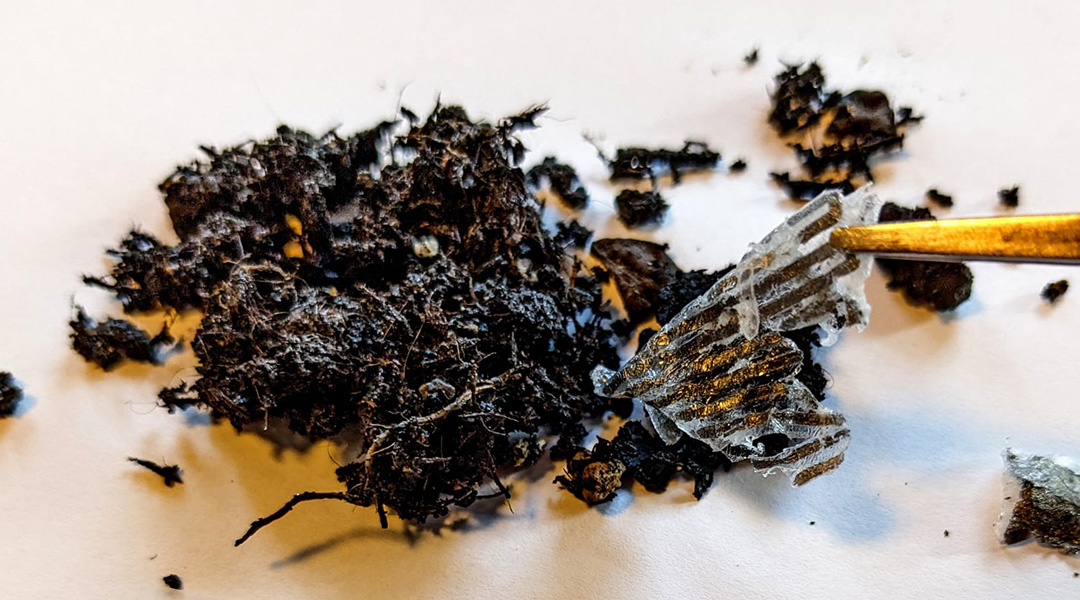
Discover how cellulose may revolutionize flexible electronics, replacing plastics in eco-friendly, sustainable substrates for innovative devices.
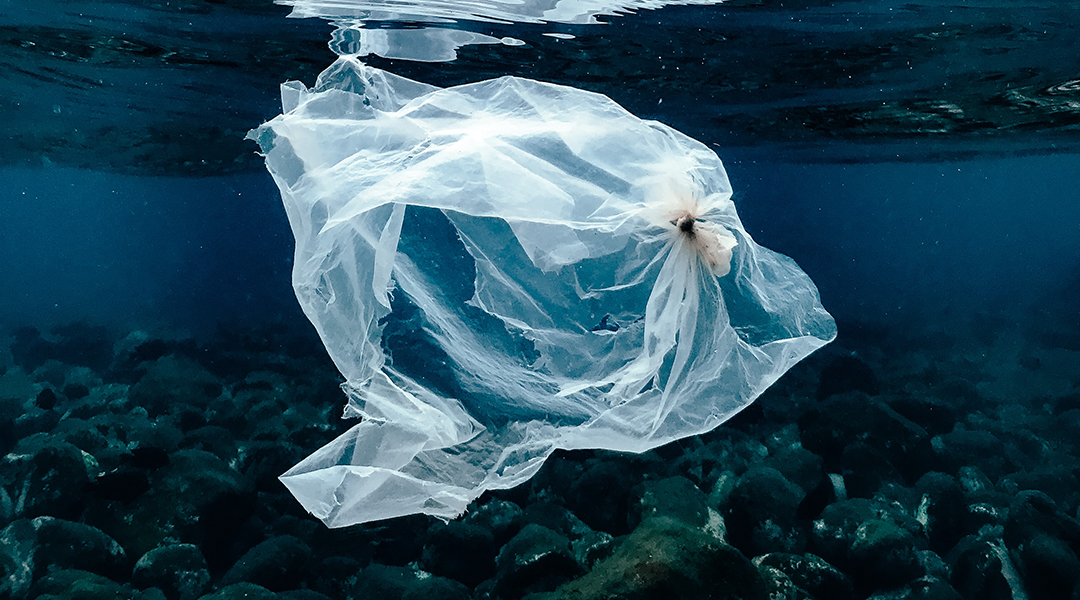
Magnetic iron nanoparticles shown to eliminate persistent water pollution, such as microplastics and oils.